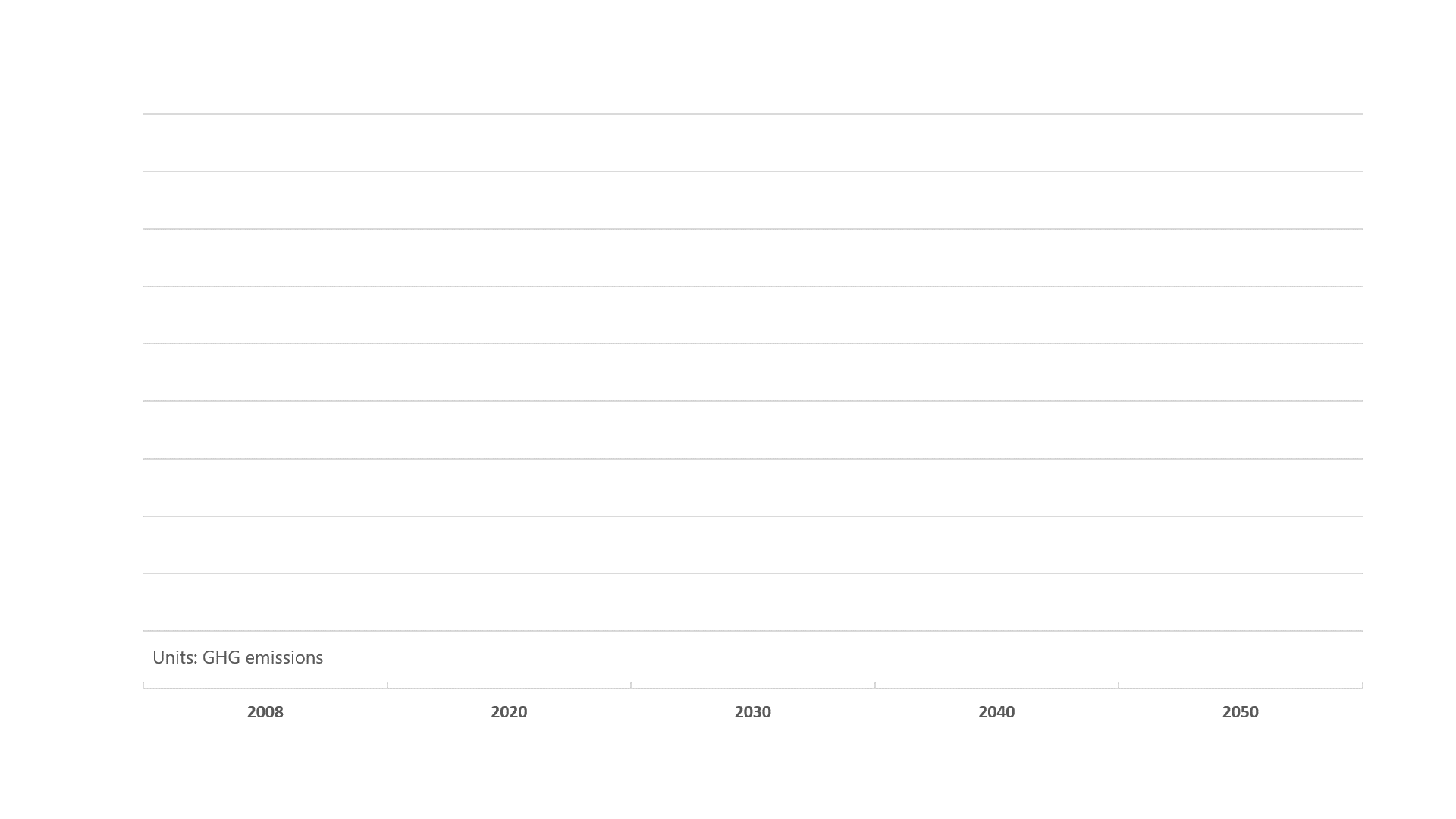GHG: Charting the course to Net Zero
Published on 7 December 2023
In July this year, the International Maritime Organization (IMO) reached an agreement on a revised strategy outlining an enhanced common ambition to reach Net Zero Greenhouse Gas (GHG) emissions from international shipping by 2050, as well as indicative checkpoints for 2030 (up to a 30% reduction in GHGs), and 2040 (up to an 80% reduction in GHGs). In addition, there was also a commitment to ensure an uptake of alternative zero and near-zero GHG fuels by 2030.
The strategy means that all ships in our seas around the globe will need to work towards these targets. As we reach the end of another busy year, and start to look forward to the next, now is the right time to remind everyone that the first checkpoint of a reduction of between 20% and 30% in GHG emissions in 2030 is only six years away. A lot will need to be done between now and then if we are realistic about achieving the decarbonisation of our fleet.

IMCA Contact
Iain Grainger
CEO
Contact
We do not currently have all the solutions. Nor do we claim to. What we do have, however, is an industry made up of experienced problem solvers and brilliant technical experts. I am convinced that collectively we can help find the solutions we will need to meet both checkpoints in 2030 and 2040, as well as the IMO’s overarching ambitions for Net Zero by 2050.
This is where IMCA can play a key role. With a proud history of bringing the industry together to find solutions and improve performance, we are ideally placed to act as a guiding light in supporting our Members to find the medium- and longer-term solutions. Once found, we can encourage their adoption across our Members and their vessels.
IMO Greenhouse Gas strategy

Next year we will be launching a campaign in this space bringing together our activity to support our Members to play their part.
We are delighted to have a GHG focal group now up and running, chaired by John Matthews from Subsea7. It will help to shape the publication of a suite of technical Information Notes over the coming weeks and months exploring topics such as, carbon trading, alternative fuels and fuel best-practice, engine systems, and EU rules. We will also produce a GHG White Paper aimed at Members.
In addition, we will feature industry case studies, best-practice, technical innovation, and challenging thought-leadership from our Members throughout the campaign. We will also be asking Members to share fuel use data with IMCA to help benchmark performance – if you’d like to get involved in any way, please speak with the team today.
Finally – for now at least – we will be bringing the industry together in April 2024 for a Seminar in the Netherlands. We hope you will be able to join us as we collectively explore the challenges and solutions for our industry to strive for a 20% to 30% reduction in greenhouse gas emissions by 2030, 70% to 80% in 2040, and Net Zero by 2050.
Expect more details on our Seminar in the new year, but we will welcome some of the leading stakeholders in this space, feature innovation and best-practice, and create a vital forum for discussion and debate. Aimed at both business leaders and technical experts, it will kickstart an ongoing and urgent industry conversation that all organisations will need to take part in.
Together we will need to find the solutions for a dramatic and transformative shift in approach. IMCA – once again – stands ready to support its Members adapt to a changing world and new expectations. We hope you will be able to join us and play your part.
Iain Grainger is CEO of the International Marine Contractors Association (IMCA).
